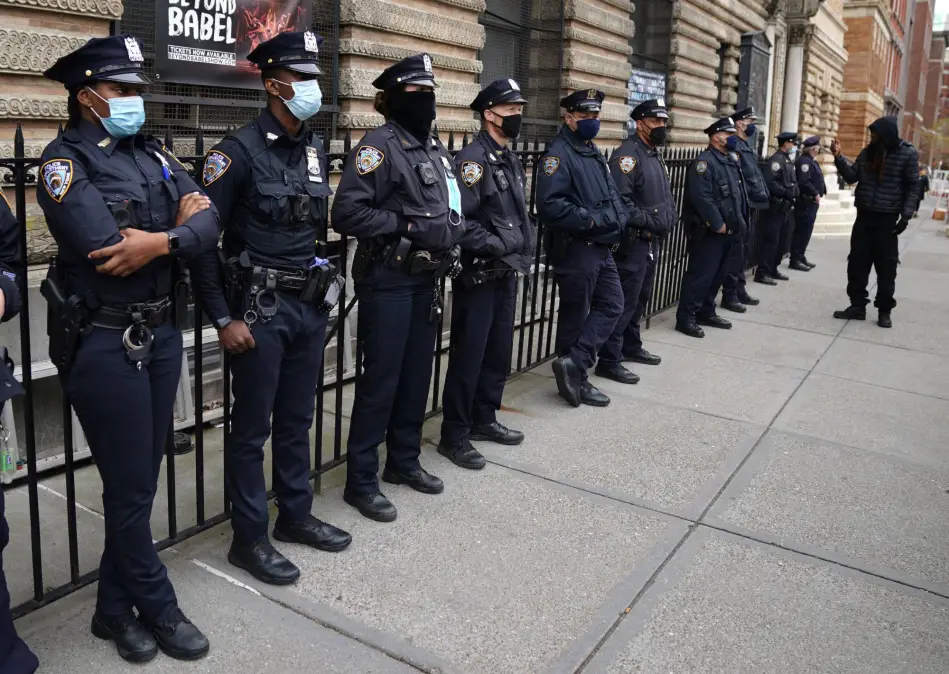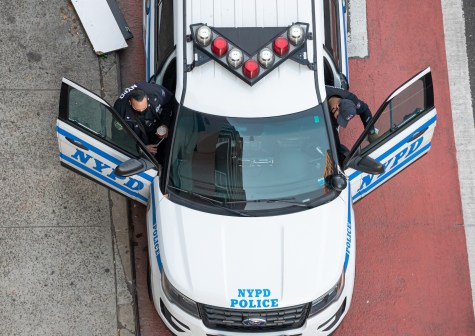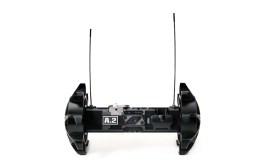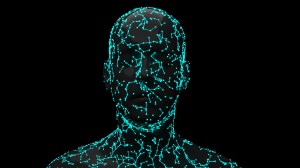NYPD scrutinized for not complying with surveillance tech disclosure law

The New York Police Department faced scrutiny at a hearing last week over the department’s adherence to the city’s technology procurement guidelines and its compliance with a municipal surveillance technology transparency law.
At the hearing, council members questioned the department’s use of similar, boilerplate language in impact and use plans to deploy surveillance technology. In 2020, New York City Council first passed the Public Oversight of Surveillance Technology Act, which requires the nation’s largest law-enforcement agency to publicly disclose a list of all technologies it uses to surveil people.
“New Yorkers deserve to live in a safe and just city, and new technology of course has an important role to play in that work,” New York City Comptroller Brad Lander testified at the hearing. “However, law enforcement’s increased use of surveillance technology tools without sufficient transparency and guardrails runs the risk of exacerbating inequity, violating privacy, and eroding the public’s trust.”
Council members questioned why the department filed one impact and use plan to deploy both Digidogs, 70-pound robotic dogs with cameras and lights on their four-legged frames, and Robocops, a program for an autonomous security robot that uses artificial intelligence to provide real-time incident notifications to emergency personnel, rather than unique plans for each surveillance tool.
The NYPD responded that it did not file new plans for each of the surveillance robots because the Robocops bot, for example, uses situational awareness cameras and the department already had other tools relying on similar technology. Instead, the department filed plans for broader categories based on the technology the tool uses rather than the individual tool itself.
In response to the compliance concerns, city council members introduced bills to strengthen the reporting requirements asserted by the POST Act. One bill would require the NYPD to create a list of all of its surveillance technologies and another doubles down on the POST Act by requiring the police department to include additional information in its impact and use plans about potential effects that protected classes of citizens could face with the surveillance technology.
“[The POST Act] is a law that the NYPD has never had any real intention of implementing and complying with, which is why it’s really incumbent on the council to take further action,” Michael Sisitzky, an assistant policy director for the New York Civil Liberties Union, said at the Dec. 15 hearing. “The POST Act was a first step towards transparency, but it was also a first step towards further regulation and restrictions on NYPD activities.”
This is not the first time the nation’s largest law-enforcement agency has come under fire for its questionable compliance with the POST Act. In 2021, local privacy-rights and civil-liberties advocates criticized the NYPD’s compliance with the POST Act, noting that the department “shows a complete lack of serious engagement on the bias of these technologies.”
Last year, the NYPD’s Office of the Inspector General issued a report noting that while law enforcement “largely complied” with the POST Act, impact and use plans for new surveillance technology used “boilerplate language” that made it difficult to differentiate between technologies.
The NYPD announced in August it would deploy drones over Labor Day weekend to respond to complaints about large gatherings. The announcement prompted concerns from the NYCLU, which claimed such drone surveillance was discriminatory and potentially unconstitutional.






